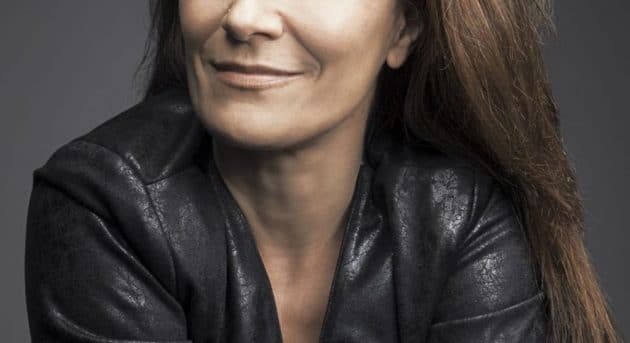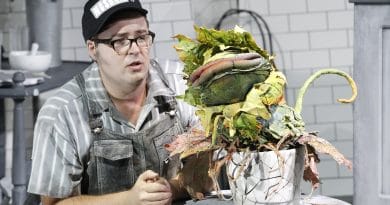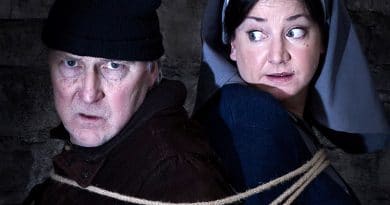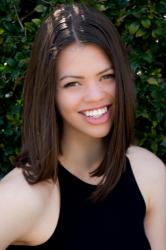Tony winner Jeanine Tesori on Violet, making musicals, and why Fun Home should come to Australia
Jeanine Tesori is a prolific composer who has written five Broadway musicals, and received four Tony nominations, winning (with Lisa Kron) the Tony Award for Best Score for Fun Home in 2015. She has also written Violet, Thoroughly Modern Millie, Shrek the Musical and Caroline, or Change.
Tesori started her career as a pianist, then beco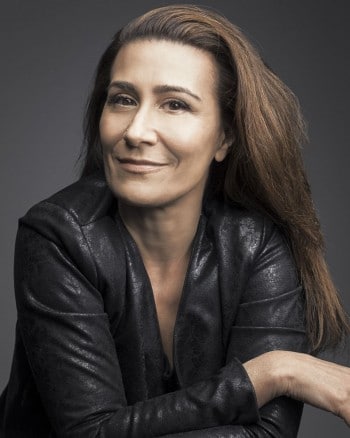
She made her Broadway debut when she arranged the dance music for the 1995 revival of How to Succeed in Business Without Really Trying.
In 1997, she set out to write her first musical, Violet, after watching a movie inspired by Dorris Betts’ short story The Ugliest Pilgrim.
It opened off-Broadway and was nominated for multiple awards. It won an Obie Award, the New York Drama Critics Circle Award for Best Musical, and the Lucille Lortel Award for Outstanding Musical.
In 2014, Violet was staged with Sutton Foster in the title role as part of the Encores Program in New York. After such a successful reception, the musical transferred to Broadway, and has recently concluded a highly acclaimed season in Sydney.
AussieTheatre’s own Bec Caton had a chat with Jeanine before Blue Saint’s Violet opens its second season in Melbourne in March.
What drew you to the story of The Ugliest Pilgrim and inspired you to make it into a musical?
In the mid 80s I saw a short film starring Didi Conn that a woman named Shelley Levinson made for her thesis, and it was based on The Ugliest Pilgrim. The only thing I remember is Didi Conn’s face when the bus opens. I remember in the back of my mind thinking that’s a great story, that’s a fascinating character. Then years later when I was switching over to write, I always knew I was going to write for a character like that.
So a producer I was working with said, let’s find out if that was based on something, then we tracked it down to The Ugliest Pilgrim, and flew down to meet Dorris Betts who was so lovely but also reluctant to have her story turned into a musical. Because she wasn’t familiar with them, and understandably, she was suspicious of the form. I told her if she didn’t agree with the changes or what happens to the story, we’ll close it. I was just so intent on making this my first musical. And so she agreed. That was the start of everything.
Since its inception, Violet has had a long journey. In that time it has undergone a lot of changes. How do you know when something’s working and when it’s not, and if something is worth keeping or sacrificing?
I think because it was the first show and I was very young, I was guessing a lot. The ambition was greater than the ability. The beauty of going back to it after all those years was there were certain things that always bothered me that I just didn’t know how to solve. I didn’t understand how to diagnose a musical. Now I have a greater community of people I can ask, which is what I did, I got such valuable notes from people.
So it’s a combination of: I asked better questions, and I have a really great inner circle of people who are smarter and who can help me with that.
What changed as a result of that?
When you adapt a short story there’s only one primary story. Usually in musicals, there’s an A story, and a B story and sometimes a C story. For Violet, it was just this one story going through and I didn’t understand the limitations or what you inherit from that DNA for a story. Having the chance to work through that was really helpful.
Structurally, we went from two acts to one act, and in doing so we cut a lot. We looked at and identified what we didn’t know. One of the things I didn’t understand was where the conflict is. There were circumstances, but not a conflict. It turned out the conflict was that she went out looking for a miracle, which was to be healed, and as soon as she got on the bus, she found the miracle in a person but she didn’t recognise it. It’s subtle, but once we understood it, it was incredibly liberating to keep revealing that in the staging and the way they said their lines and writing new things for them. So that was a major part of it.
There’s such a strong message regarding beauty, which is so pertinent today, how did you want to portray that message and why is it an important message to be told?
You know it’s interesting because when we opened in 1997, the beauty industry wasn’t nearly what it is today, you couldn’t buy a new face in the a la carte way you can now. It’s interesting when she sings about asking for different parts of her face, which you can totally purchase all of those things now. So that was really fascinating 17 years later to see how that had changed.
I knew so many women, myself included, whose inner and outer were always at war. So it was a really important thing for me that I wanted to explore. One of the reasons we didn’t want the scar to show is because it really exists as a metaphor in the way our parents make deep impressions on us, and one person’s scar is another person’s imprint. At this point now, when we returned to the project, my daughter was 17, and Brian [Crawley]’s kids were 15 and 18, and when we started I was pregnant at the time and he had a newborn, so it was so amazing coming back to that as parents, as opposed to being a son and a daughter, which is how we were when we wrote it.
The parent/child relationship is very significant to this story. How did your relationship with your own daughter affect your understanding of the show?
I think it changed the way I watched it, it didn’t change the way I wanted to rewrite it. I think a lot of girls are not socialised to risk. It’s not something that’s often rewarded because parents are understandably afraid for their children, like I am for my daughter. But getting to work with Sutton who I knew so well and having her in that role, and seeing a woman who has agency willing to get on the bus and take the ride at great risk. I think what was really pleasing.
You’ve had a lot of chats with people over in the US recently regarding women in the industry, and it’s something that’s starting to be discussed here. What challenges have you found as a woman, and as a mother, and how can we work towards eradicating those challenges for future women in this industry?
For me one of the big things is acknowledging that women on average do 90% of all domestic duties. And I think to acknowledge that depletion is a big thing for women. At Fun Home, we said to all the actors, if your kid is sick, if you need to stay home, it’s fine. If you can’t find childcare, bring them here and we will figure it out. We have to come together as a community. You can’t pretend you don’t have kids, and being in an industry that plays at bedtime is a disaster for parents. I was lucky enough to work with a couple of directors, one being Nick Hytner, who was unbelievable about me having a newborn and invited me to bring her in, and at that invitation my loyalty and desire to work for him was through the roof.
I know a lot of actresses are very reluctant to publicise the fact they have young kids because it’s a responsibility. That’s one of the things; we need to acknowledge these responsibilities and give women the options they need to be able to work.
Which of your other shows would you like to see have a life in Australia?
Fun Home, for sure! I’m so happy about that show. I’ve loved working on all the shows. It’s just proof to me that you never know. I never dreamed that the decision in the Supreme Court would have happened right after we opened. For me it feels miraculous!
Would you like to visit Australia?
I hope to come there someday! I’ve never been there but I just spoke to Sutton Foster [in the country for the Defying Gravity concert event] and she sent me all these pictures. And I was so happy for her and so jealous! I would love to come someday.
Violet opens at Chapel off Chapel and runs from the 3rd through to the 20th March. Book your tickets at http://chapeloffchapel.com.au/melbourne-comedy-theatre-art/melbourne-events/violet-the-musical-3-20-march/.

